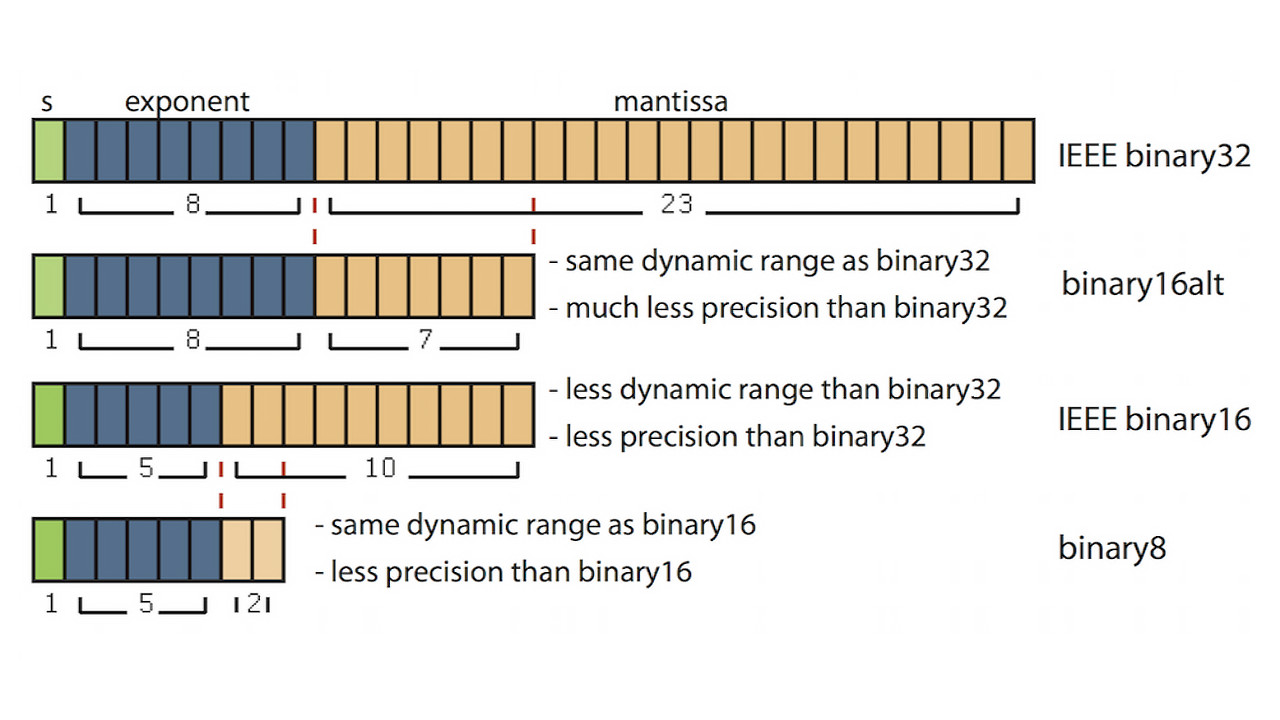Frank Gurkaynak, director of the Microelectronics Design Centre at ETZ Zürich, has announced a 2019 “summer of code” programme that will see a selection of open-source project proposals granted up to €6,000 in funding as part of the Open Transprecision Computing (PRECOMP) project.
“First of all, what is Transprecision computing? It is all about using the right precision for computing and adapt the numeric precision (and the associated memory and computation energy overhead) throughout the computation to the requirements of the application,” Frank explains. “The idea is similar to approximate computing (trading off accuracy with performance), but also considers where the precision is adapted throughout the operation. As a simple example consider iterative algorithms that try to minimize the error with each iteration. The longer you iterate the smaller your error will become. So you can start your computations with coarser representations (i.e. half precision floating point) and move to higher precision formats (i.e. double precision floating point) as the computation progresses. Our goal is to find cases where working in this way can gain significant savings without noticeable loss in accuracy.
“In our 3rd year of the project, we would now also like to enlist the help of students, professionals and enthusiasts through a sponsored ‘summer of code’ activity. The idea is simple, send us your ideas on what you want to do with transprecision computing until 1st of March 2019. The applications will be reviewed and we will support at least 10 projects with €4,000 to €6,000 and announce them by 1st of May. We will have a kick-off meeting as part of the Week of Open Source Hardware (WOSH) that we are planning between 11th and 14th of June 2019 in Zurich, and we will provide an opportunity to all participants to take part and present their results at the Oprecomp Summer School which will take place in early September in Perugia, Italy.”
OPRECOMP has named a variety of potential project topics, including software, kernels, and algorithms implemented on existing hardware systems, the creation of novel hardware systems implemented on field-programmable gate arrays (FPGAs) or application-specific integrated circuits (ASICs), and applications ported to OPRECOMP member platforms. The programme is open to members of the European Union, and accepted projects must be made widely available using an open source licence.
More information, and a a form for applicants, can be found on the official website.
